Self-Love: A Short History of Self-Care & Self-Love
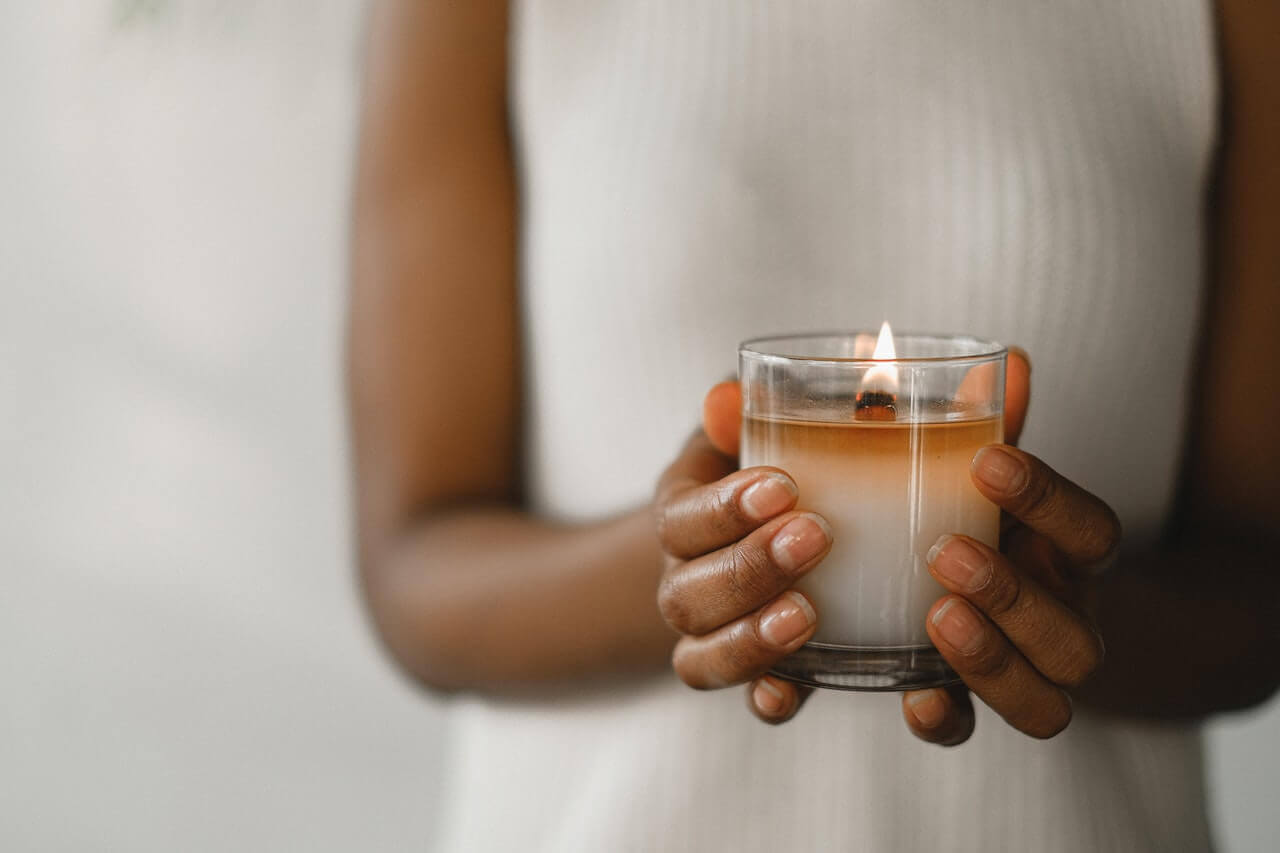
As I was researching and writing this post on self-care for kids, I wanted to include some information about the history of self-care and self-love, in order to frame how they are both modern and historical concepts. After doing some research, it quickly became clear that what I wanted to include about this was actually big enough to be a stand alone blog post and so that's what you're reading today; a short history of self-care and self-love.
The reason I haven't separated the two concepts completely is because I personally find them quite hard to separate when it comes to practising them in my personal life, and when I talk about them with others, and importantly with my children. Simply put, I believe that self-care is what nurtures self-love, but I also know that self-love is essential in order to prioritise and invest in self-care. They are part of the same cycle in my own daily life, and I know for many other people they are very closely linked. I hope this explains why I have kept them as close friends in this blog post.
A Short History of Self-Care
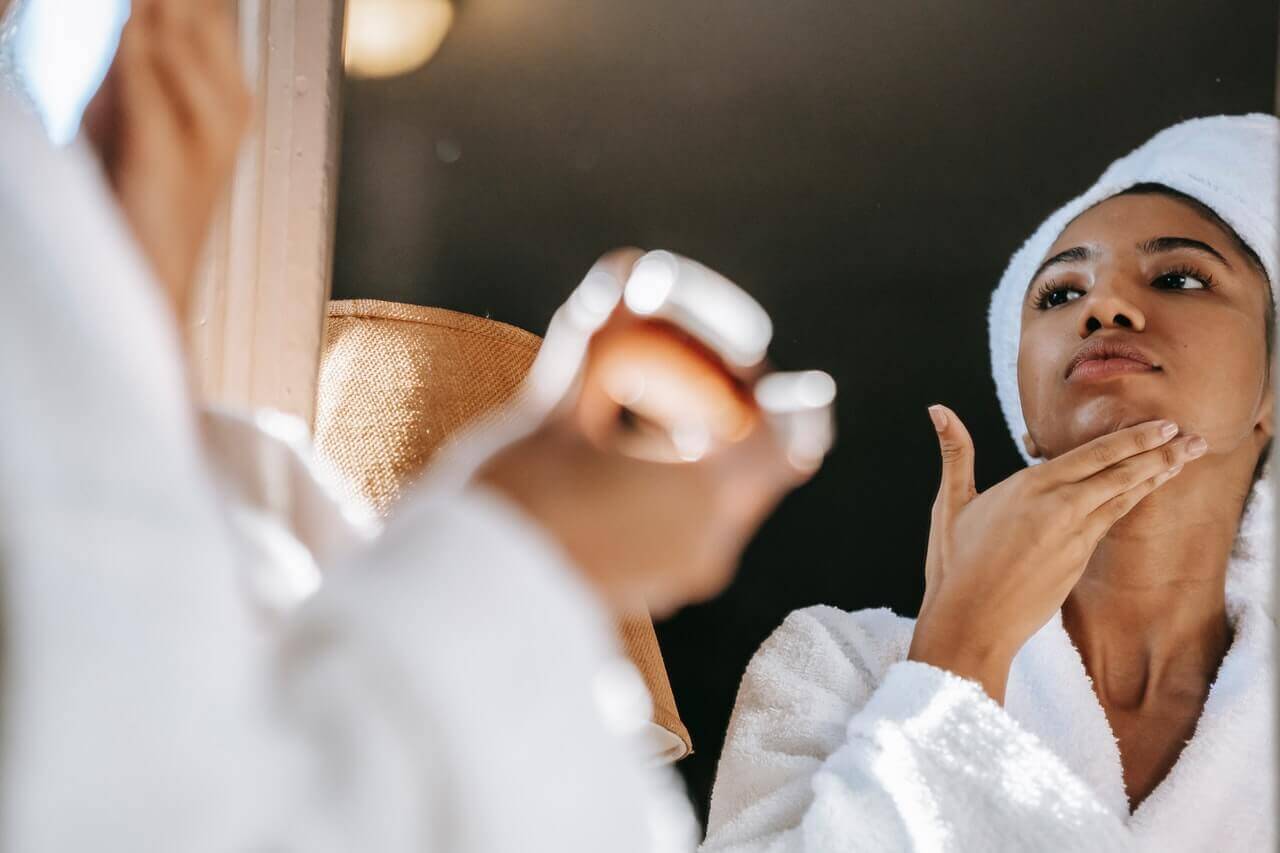
It's important to say that while the terms self-love and self-care have exploded into increased use in our vernacular in the last decade, and even more so in the last few years, The Merriam-Webster dictionary states that the first known use of self-care dates back to 1841. I was sadly unable to find the exact mention and source of this but I think it goes some way to say that the concept is not a modern one.
Many researchers believe that more widespread use of the the term "self-care" dates back to the 1950s when it was introduced to describe the acts of caring for oneself that mental health patients could undertake independently. It was specifically used for institutionalised patients and medical professionals saw it as something that would build a patient's sense of self-worth, or indeed, self-love, so in many ways this really is a seed for the modern use of the word self-care (and self-love) when we consider how often it's talked about in the context of mental health.
This term and it's principles then extended to refer to a more general patient-managed approach to healthcare, i.e. patients taking their own medications and doing other tasks to support their treatment of a physical ailment, something we take for granted now, but 100 years ago, it was very unusual to have this, and doctors and nurses were typically the only ones to administer drugs or pain relief, which was also not always done at home.
The concept and language then appears in other medical literature in 1960s when discussing how first responders could manage the effects of the trauma they were being exposed to in their work. This was in reference to social workers, firefighters and other emergency responders who had PTSD symptoms and the research showed that both pro-active and reactive self-care (ranging from eating well to getting enough sleep) could help minimise the negative impact and effects of trauma. Again this is very closely connected to how we talk about self-care in some circles today.
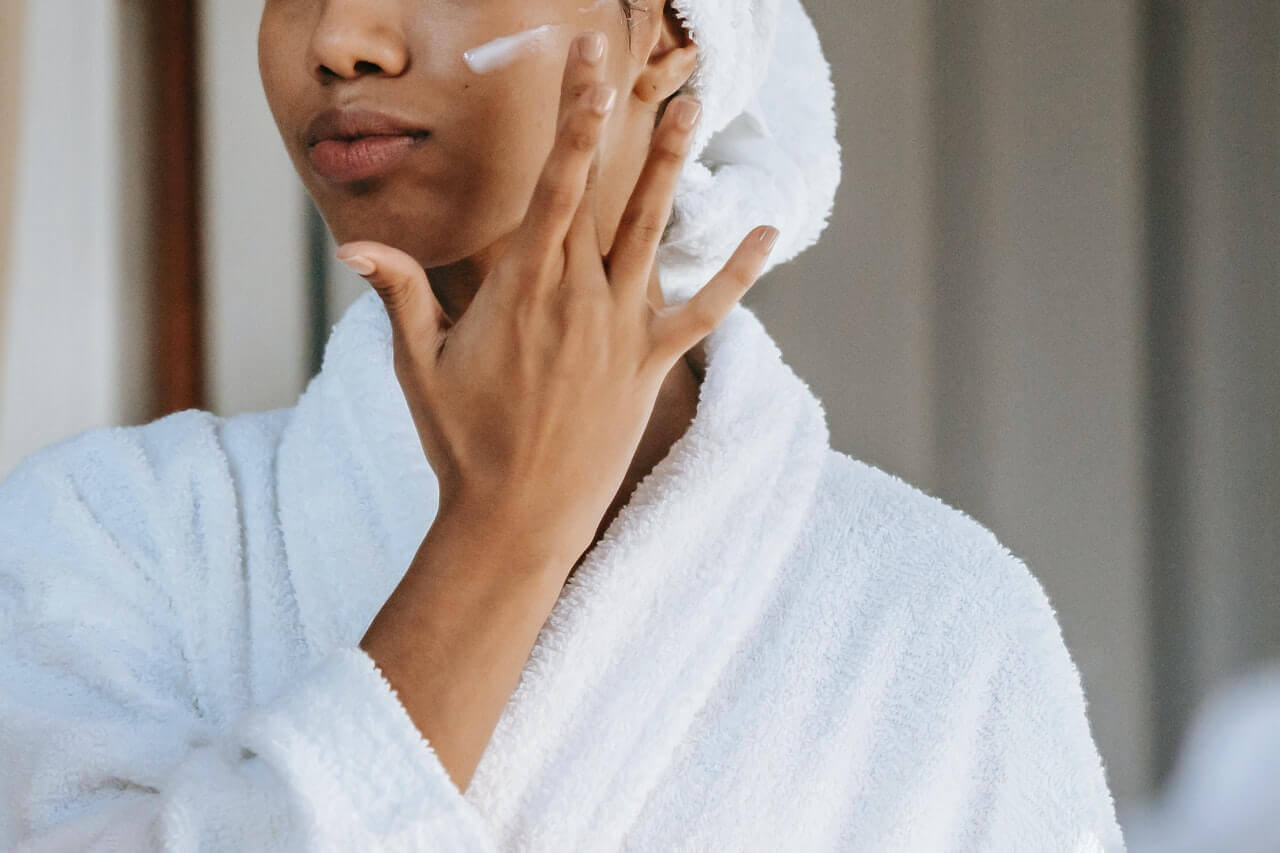
In the 1970s self-care was being championed by a number of Black political movements, not least the Black Panther Party who saw self-care (and self-love) as paramount to how Black people could build resilience in the face of systemic racism, something that we know bled (and still does bleed) into healthcare. When the Black Panther Party talked about self-care for Black communities, they were really referring to it in the sense of "health activism" and providing healthcare for oneself, because of the failings of the system, so again we find that the term remains closely connected to healthcare and medicine.
Around the same time, no doubt, influenced by one another, Black feminists were also talking about self-care in similar terms, as well as exploring its empowering spiritual and emotional effects. Below you can find out more about how Black women have been writing about self-love for many decades because yes, these conversations were often one and the same. All this is to say that it is imperative to highlight that much of our current understanding of both self-love and self-care is directly and heavily influenced by the experiences, discourse and writings - past and present - of Black people.
The Equal Rights movements of the latter half of the 20th century - including LGBTQI+ Rights, Feminism and Black Lives Matter - which take us up to where we are right now, have always championed self-care and recognised it as playing an essential role in any kind of activism. And in the last year, when we have all had so much taken from us and have been challenged in many unpredictable ways, the importance of and focus on truly effective and impactful self-care has never felt greater.
Never Forget the Black History of Self-Care

Historically, we know that people did all manner of things to survive great challenges, trauma and atrocities in the past, and many of these things could be seen as acts of self-care and self-love. You only need to read a couple of Jane Austen novels to read about people (typically of then British aristocracy!) heading to beach towns or spas to improve their health, likewise people would spend days in bed if not feeling 100%, and regular exercise was recognised as having benefits.
However, it is equally important to highlight how the modern roots of self-care as a concept, a movement and now, an industry, are very much political. While it has been adopted my mainstream conversations, culture and companies, much of what we recognise as self-care - and indeed its inextricable roots to self-love and one's sense of self-worth - has been born again and again over history out of real, urgent and political needs, and so we should be mindful of any self-care investments and efforts we make that may actually be counteractive to these roots (i.e. buying a ton of new self-care gadgets from large corporations). Instead we should ensure that any conversation or initiative relating to self-care champions and supports those who have brought its magic and healing to our lives. (You can do this, for example, by making a donation to Black Minds Matter in Europe/UK or to Black Lives Matter foundation in USA.)
Women of all races and social classes have long had to take their own health into their own hands to protect their own bodies, and communities of colour often have and pass on a deeper understanding of what it means to rest, to recover from harm, and to practise truly effective self-care, compared to white communities (of which I am part of) that are coming to self-care with different interests and needs, more likely than not prompted by the growing self-care industry rather than the self-care movement. This evolution is problematic in itself and ironically, highlights the very kind of exploitation and oppression that Black people and communities of colour experience as a result of cultural appropriation.
We humans have had to care for ourselves in order to survive, yes, so self-care is part and parcel of what it means to be human, but historically, I think we have tended to focus on the physical side of self-care, there are also the emotional/mental and spiritual sides of self-care, which are discussed but arguably remain comparatively under-explored in modern times.
A Short History of Self-Care in Philosophy
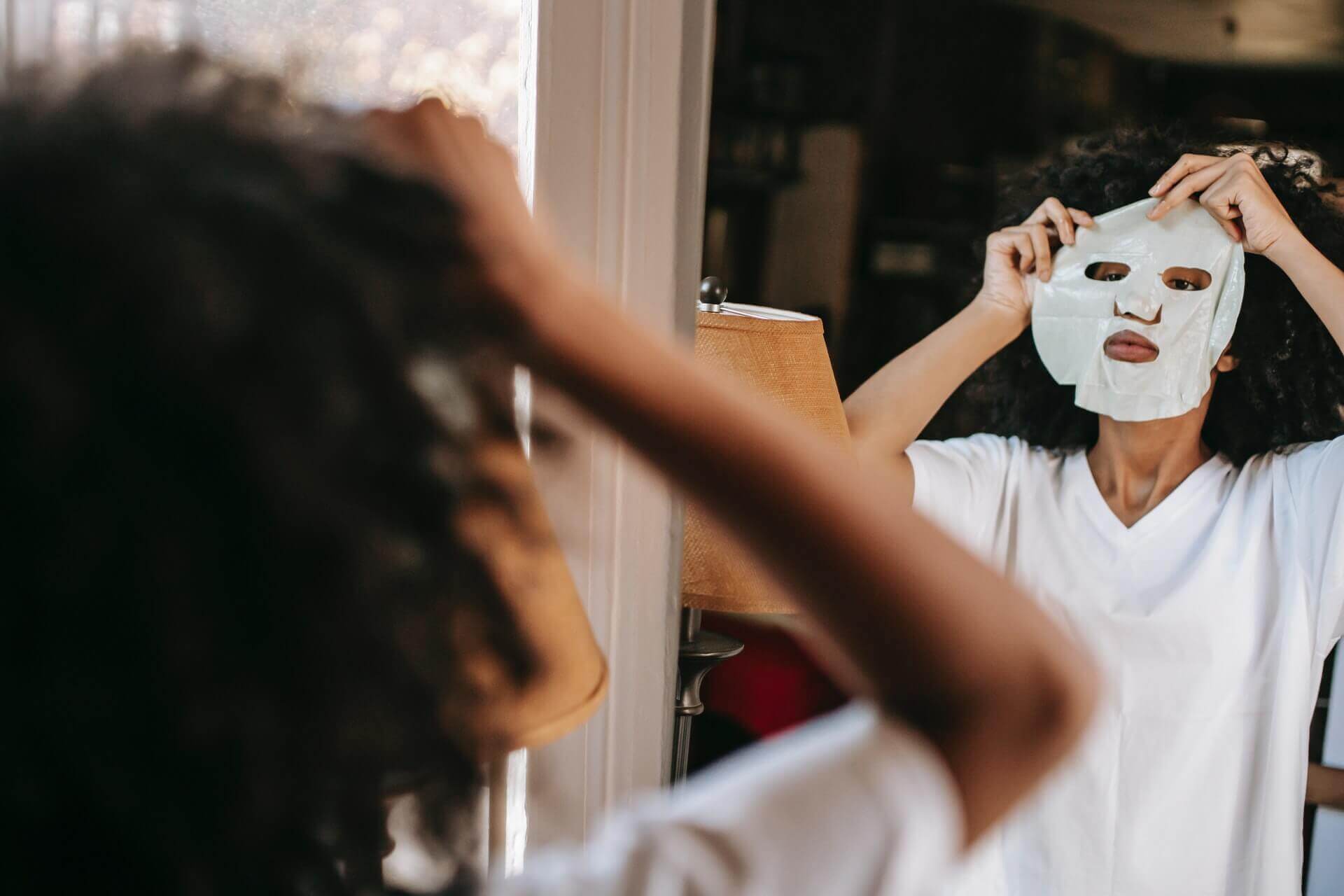
Self-care as a philosophical concept - aka the act of caring for oneself as a growing, knowing person - has roots that stretch back to ancient times. Ancient Greek philosopher Socrates is often quoted on Instagram and in essays alike, and with good reason thanks to his questioning what it means to know oneself, love oneself and to do so for the greater good of others. If we think about self-care being good for "the soul" we do have Socrates to thank for this concept, and his quote "...know thyself, for once we know ourselves, we may learn how to care for ourselves" is like the ultimate introduction to self-care and perhaps where any history of self-care should start.
The reason Eastern philosophers from the same time period weren't producing quite the same number of social-media-friendly quotes with #selfcare is largely because their philosophy spun on a very different axis; that the concept of "self" didn't exist. That said, you can now rightly see how these two worlds collide because for many, a lot of self-care revolves around mindfulness, and this ultimately has its roots in Eastern philosophies and practices such as meditation and yoga. If we link the history of mindfulness to Buddha and Buddhism, this means it dates back to the 6th Century B.C. which is not long before Socrates was doing his own work in Ancient Greece.
All this is to say, for as long as the human race has been considering the concept of "self" and getting to know oneself, across the globe, we have simultaneously and consequentially been trying to "improve" oneself, accept or enjoy oneself more.
The third side of self-care that I still think is in its infancy is emotional self-care. While both spiritual and physical self-care will naturally overlap and influence emotional or mental self-care, I don't think we are as adept or as coherent in both understanding and talking about emotional self-care. The reasons for this are multiple and complex in their make-up, but while the modern usage of 'self-care' in medical literature and the Black Panther party's Ten Point Program from 1972 does incorporate elements of self-care for emotional well-being, we are still much more likely to talk about bubble baths, meditation or rest as opposed to normalising crying, releasing big emotions and therapy for all.
This is perhaps the future of self-care, maybe?
A Short History of Self-Love
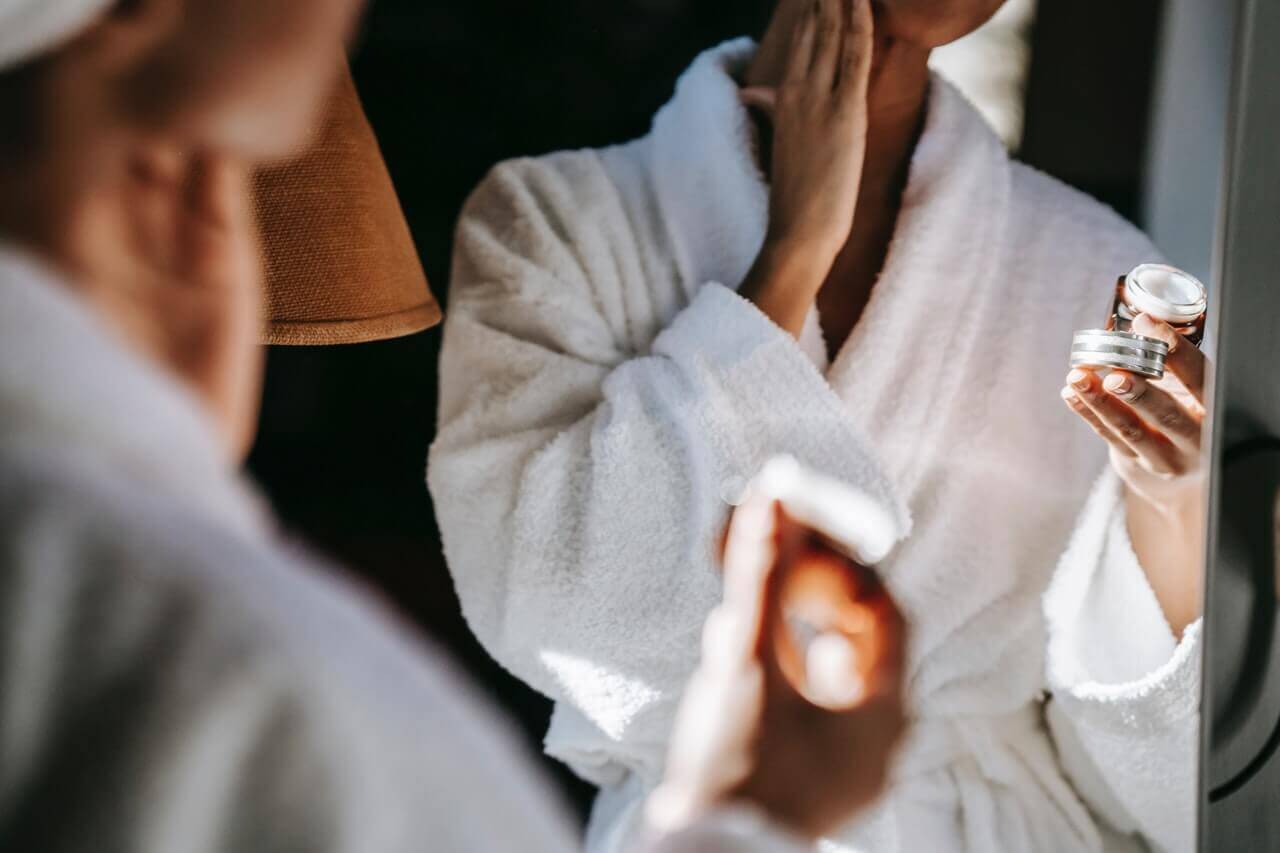
Interestingly, the word self-love, or rather self love, in English dates back to much earlier. Merriam-Webster says the first usage of "self love" is recorded as 1539 which is 300 years before self-care. Again, I couldn't find the exact reference to where it is used, but we know that it was already written about in relation to self-preservation by Swiss philosopher Jean-Jacques Rousseau in the 18th century. Prior to this, for many centuries, a lot of Christian, Hindu and Sikh scholars believed "love of self" or was a sin based on the principle that it was selfish, self-centering, self-obsessed and at worst, narcissistic. Indeed there is a hangover from this today when we think about the stigma attached to many people having strong sense of self-worth and we are still not adept at talking about self-love or self-care with great confidence.
But let's pause this line of thought and instead focus on the history of a more positive self-love movement.
Self-love as a concept was already being written and talked about in Ancient Greece over 2000 years ago (they considered self-love to be one of the main six types of love - it was called philautia), as well as in Taoism in China in the 4th and 3rd centuries BCE. Many Latin philosophers talked about self-awareness, self-becoming and self-love during a similar time, and the Persian poet Rumi, who lived in the 1200s, is still one of the most quoted voices on the topic all across social media. Then we travel closer to our present day with the likes of Walt Whitman's Song of Myself poem from 1892, through to the pivotal roles deliberately focusing on boosting one's self-esteem in the Suffragette, feminist and civil rights movements of the 19th and 20th centuries.
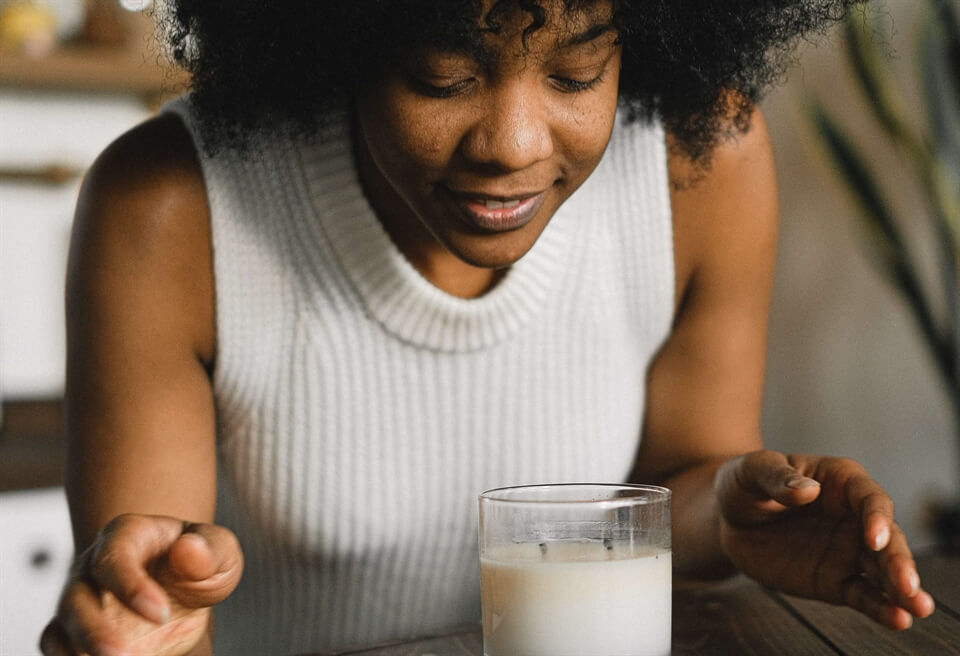
As mentioned above, Black political movements and feminist writers/activists particularly have been championing the power of a strong sense of self and self-love in navigating pain and suffering for centuries, noticeably in the work of Harriet Tubman, Georgia Douglas Johnson, (and the Black male poets Langston Hughes also wrote about self-love and self-awareness) through to 20th century names like Maya Angelou, Toni Morrison, Audre Lorde, bell hooks, Lucille Clifton and Nina Simone (and I could name many more). As this Slate article rightly states, women of colour have long focused on self-care and self-love as a way to address and amend the failings of the white supremacist and misogynistic world they live in, and again we need to remember this and return to it always in discussions over the origin of this self-love movement we are still in.
Self-love in its most basic form is something humans have always had to do for survival. Prioritising ourselves, looking after ourselves and also presenting ourselves as attractive or desirable (not that this is the goal of modern day self-care!), has all been necessary to continue the human race Some would argue that is still the case in the present day. From communities experiencing great oppression and suffering, who turn to self-awareness and self-love to raise themselves up and fight on against their oppressors, through to the self-care and self-love movements championed online to help reduce the fast-growing number of mental health illnesses.
A Short History of Self-Love and Me!
Like many, I was well into my adult years once I started thinking and talking consciously about self-care and self-love. I still feel relatively new to the topic even though writing about self-care and self-love has become a huge part of my work on- and offline in my books. (It was a major theme in my latest poetry collection Lover Mother Other.)
The deeper I dive into this topic, however, the more I realise how my childhood and my education did not naturally set me up to think, talk, write about and importantly, practise self-care and nurture self-love, and that is the thing that I hope modern times will change about self-care and self-love. That it will be something talked about and taught to children from their earliest years, and we will be conscious of the history of these important topics as we do.
Further Reading on the History of Self-Care and Self-Love
There is so much more to learn and read about the history of self-care and self-love and some of the articles that I found useful for this post are listed below. If you know of any other resources you think would be helpful or offer additional information, please do leave them in the comments and I can add them in.
The History of Self-Care (Slate)
The Revolutionary Origins of Self-Care (Local Love)
Radical History of Self-Care (BBC)
How You Can Honour The Radical History of Self-Care (Shine App)
The Radical History of Self-Care (Teen VOGUE)
Self-Love and What It Means (Brain and Behaviour Research Foundation)
What is Self-Love and What is Self-Compassion (Positive Psychology)
_x960.jpg?v=1)
_x960.jpg?v=1)
_x960.jpg?v=1)

Frances M. Thompson
Find Frankie on Facebook, Twitter, Instagram, Pinterest, and Google+.
 My Thoughts: 21 Things That Helped Me in 2021
My Thoughts: 21 Things That Helped Me in 2021 Self-Love: 31 Positive Affirmations for December
Self-Love: 31 Positive Affirmations for December Self-Love: 30 Positive Affirmations for November
Self-Love: 30 Positive Affirmations for November Self-Love: 31 Positive Affirmations for October
Self-Love: 31 Positive Affirmations for October Self-Love: 30 Positive Affirmations for September
Self-Love: 30 Positive Affirmations for September About the Blog & Frankie
About the Blog & Frankie Welcome to My Amsterdam Travel Blog!
Welcome to My Amsterdam Travel Blog! Welcome to My Luxury Family Travel Blog!
Welcome to My Luxury Family Travel Blog! Welcome to My Writing Blog!
Welcome to My Writing Blog! Lover Mother Other: Poems - Out Now!
Lover Mother Other: Poems - Out Now! I Write Stories That Move You
I Write Stories That Move You Order WriteNOW Cards - Affirmation Cards for Writers
Order WriteNOW Cards - Affirmation Cards for Writers Work With Me
Work With Me